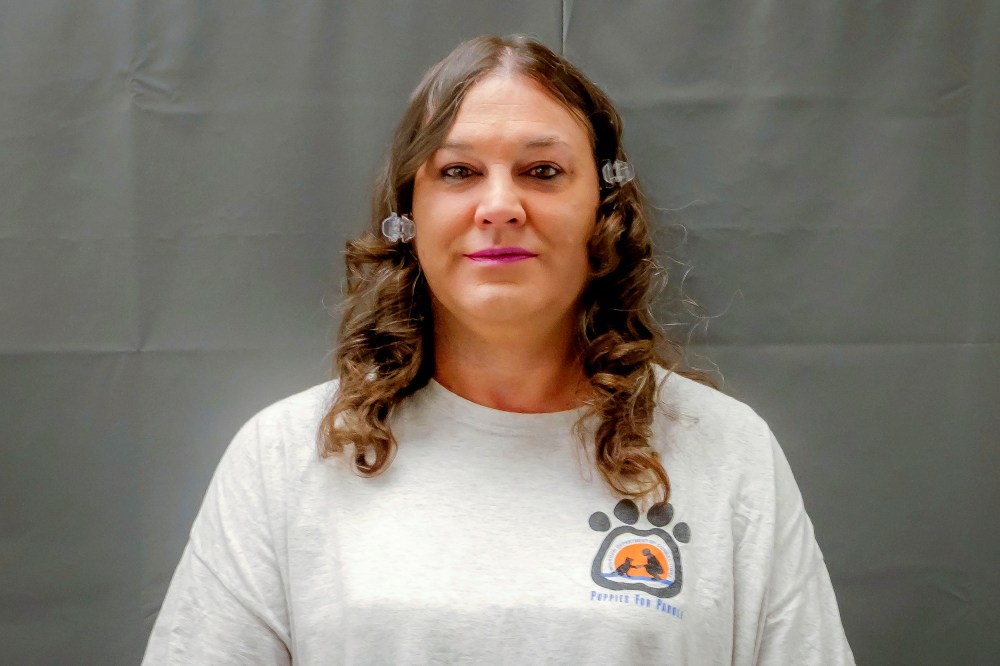Amber McLaughlin became the first openly transgender person to be executed in the United States when she died by lethal injection in Missouri on Tuesday.
Her execution ignited controversy, with criminal justice reform advocates rightly decrying the circumstances of her sentencing.
McLaughlin, who began transitioning in prison a few years ago, was convicted of first-degree murder in 2006 in the killing of her ex-girlfriend, Beverly Guenther. A jury, however, failed to reach an agreement on a punishment, rejecting three out of the four aggravating circumstances presented by prosecutors that would legally justify a death sentence.
Despite a hung jury, the trial judge sentenced McLaughlin to death. As Reason noted, if a jury is deadlocked in federal sentencing trials or in most states with the death penalty, the defendant receives life in prison. But two states — Missouri and Indiana — allow a judge to impose a death sentence with a deadlocked jury.
McLaughlin won a federal appeal of her sentence in 2016, successfully arguing that the judge overreached in superseding the deadlocked jury to issue a death sentence. The judge in that appeal also found that McLaughlin’s lawyers provided “ineffective assistance” by failing to present medical evidence about her history of mental health issues during the sentencing trial.
But a federal appeals court overturned that judge’s ruling in 2021, teeing up McLaughlin’s state-sanctioned death yet again.
In a last-ditch effort to stave off her execution, a group of retired judges from Missouri submitted a letter last month to Missouri Gov. Mike Parson’s office, denouncing the judge in McLaughlin’s original case for taking the unilateral step to have her put to death. The letter asked Parson, a Republican, to commute McLaughlin’s sentence to life in prison without parole.












